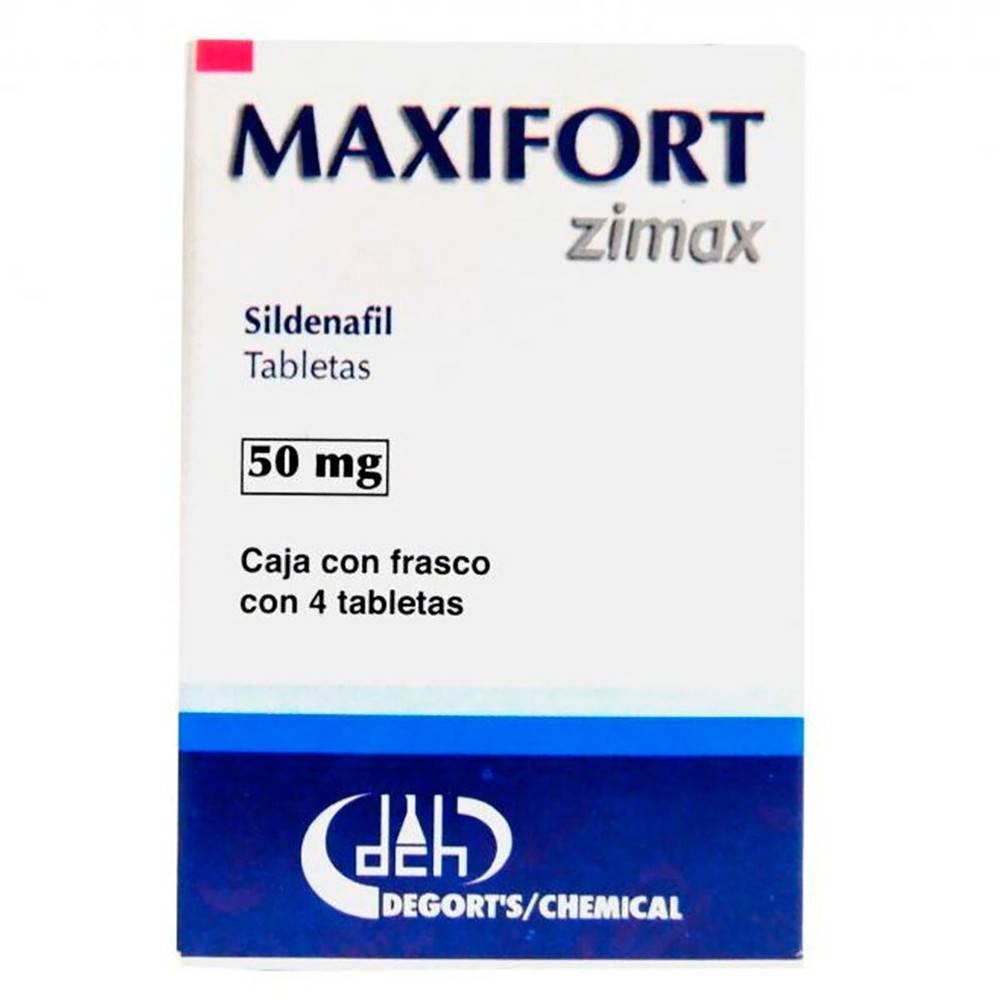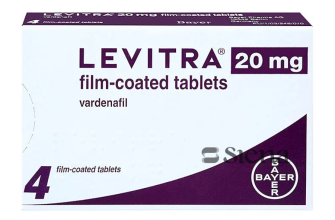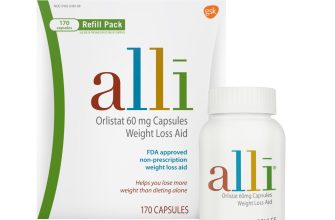Need reliable information about Maxifort 50 mg? Consult your doctor before starting any new medication, including Maxifort. This is crucial for personalized advice based on your health profile. They can assess if it’s the right choice for you and address any potential interactions with other medications you might be taking.
Maxifort 50 mg contains sildenafil citrate, a medication used to treat erectile dysfunction. Its mechanism involves increasing blood flow to the penis, facilitating an erection. Remember, consistent results vary depending on individual factors like overall health and the underlying cause of erectile dysfunction.
Dosage instructions are critical. Follow your doctor’s prescribed dosage precisely. Typical dosages range, but exceeding the recommended amount doesn’t enhance effectiveness and increases the risk of side effects. Common side effects include headaches, flushing, and nasal congestion; seek medical attention if you experience severe or persistent side effects.
Consider lifestyle modifications. Maintaining a healthy diet, regular exercise, and managing stress levels can significantly improve erectile function. These lifestyle changes often complement the effects of medication and lead to better long-term results. Talk to your doctor about any concerns or questions.
Active Ingredient and Dosage Recommendations
Maxifort 50 mg contains 50 mg of sildenafil citrate as its active ingredient. This is a phosphodiesterase-5 (PDE5) inhibitor, working to relax blood vessels in the penis, facilitating improved blood flow.
Typical Dosage
The usual starting dose is one 50 mg tablet taken orally, approximately one hour before sexual activity. Dosage adjustments may be necessary based on individual responses and tolerance. Your doctor will guide you on the appropriate dosage for your needs.
Dosage Adjustments
Your doctor might adjust the dosage to 25 mg or 100 mg, depending on your body’s response and any side effects experienced. Always follow your doctor’s instructions carefully. Never exceed the recommended maximum daily dose.
Important Considerations
Important: Do not take more than one tablet within a 24-hour period. Consult your doctor immediately if you experience any side effects. Certain medical conditions or medications may interact with Maxifort; open communication with your physician is key to safe and effective use.
Disclaimer:
This information is for educational purposes only and does not constitute medical advice. Always consult a healthcare professional before starting any medication.
Potential Side Effects and Precautions
Always consult your doctor before starting Maxifort 50 mg. This medication can cause side effects, and understanding them is key to safe usage.
Common side effects include:
- Headache
- Facial flushing
- Nasal congestion
- Dyspepsia (indigestion)
- Muscle aches
Less common, but still possible, side effects are:
- Visual disturbances (blurred vision, changes in color perception)
- Dizziness
- Tinnitus (ringing in the ears)
- Hypotension (low blood pressure)
Rare, but serious side effects require immediate medical attention. Contact your doctor immediately if you experience:
- Sudden vision loss
- Chest pain
- Prolonged erection (priapism)
- Severe allergic reactions (rash, swelling, difficulty breathing)
Precautions:
- Do not take Maxifort 50 mg if you have heart problems, low blood pressure, or a history of stroke.
- Avoid alcohol consumption while taking this medication.
- Inform your doctor of all other medications you are currently taking, including over-the-counter drugs and herbal supplements.
- This medication may affect your ability to drive or operate machinery. Exercise caution.
- Storage: Store at room temperature, away from moisture and direct sunlight.
This information is not exhaustive. Always refer to the patient information leaflet provided with your prescription for a complete list of potential side effects and precautions.
Interactions with Other Medications and Substances
Always inform your doctor or pharmacist about all medications you are taking, including over-the-counter drugs, supplements, and herbal remedies, before starting Maxifort 50 mg. This includes nitrates, commonly used to treat angina (chest pain). Combining Maxifort with nitrates can cause a dangerous drop in blood pressure.
Alpha-blockers, often prescribed for high blood pressure or prostate problems, can interact with Maxifort, potentially leading to a significant drop in blood pressure. Your doctor may adjust your dosage of either medication or recommend alternatives.
Certain antifungals, like ketoconazole and itraconazole, can increase the levels of Maxifort in your blood, potentially leading to side effects. Your doctor might recommend a lower dose of Maxifort or an alternative treatment.
Grapefruit juice inhibits the enzymes that metabolize Maxifort, resulting in higher blood levels and increased risk of side effects. Avoid grapefruit juice while taking Maxifort.
Alcohol consumption can worsen Maxifort’s side effects, particularly dizziness and headaches. Limit or avoid alcohol while using this medication.
These are just some examples; other interactions are possible. Consult your doctor or pharmacist for a complete list and personalized guidance.
Storage and Disposal Guidelines
Store Maxifort 50 mg tablets at room temperature, between 68°F and 77°F (20°C and 25°C). Protect them from moisture and light. Keep the bottle tightly closed.
Dispose of expired or unwanted Maxifort 50 mg tablets properly. Never flush medications down the toilet or pour them down the drain.
| Disposal Method | Details |
|---|---|
| Medication Take-Back Programs | Locate your nearest program using the FDA’s website or your local pharmacy’s resources. These programs offer a safe and environmentally responsible way to dispose of medications. |
| Household Trash | Mix the tablets with an undesirable substance, like used coffee grounds or kitty litter, to deter accidental ingestion. Place the mixture in a sealed bag and discard in your household trash. |
Always consult your pharmacist or doctor for specific disposal instructions in your area. Check local regulations for additional guidance.
Where to Find Reliable Information and Consult a Doctor
For accurate Maxifort 50 mg information, consult your doctor or pharmacist. They can provide personalized advice based on your health history.
The official prescribing information (package insert) from the manufacturer is another reliable source. Look for it online on the manufacturer’s website or contact them directly.
Reputable medical websites, such as those from government health agencies (e.g., the FDA in the US, or the NHS in the UK), offer evidence-based information on medications. Be wary of unverified online sources or forums.
If you have questions or concerns about Maxifort 50 mg, schedule an appointment with your healthcare provider for a thorough discussion of potential risks and benefits, and to ensure it’s the right medication for you. Discuss any side effects you experience with your doctor.
Remember, self-treating can be dangerous. Always seek professional medical guidance for medication-related questions and concerns.










